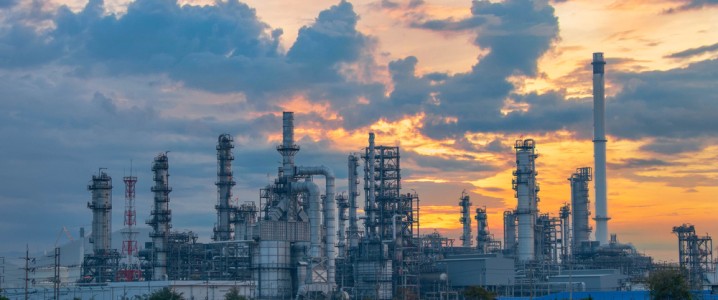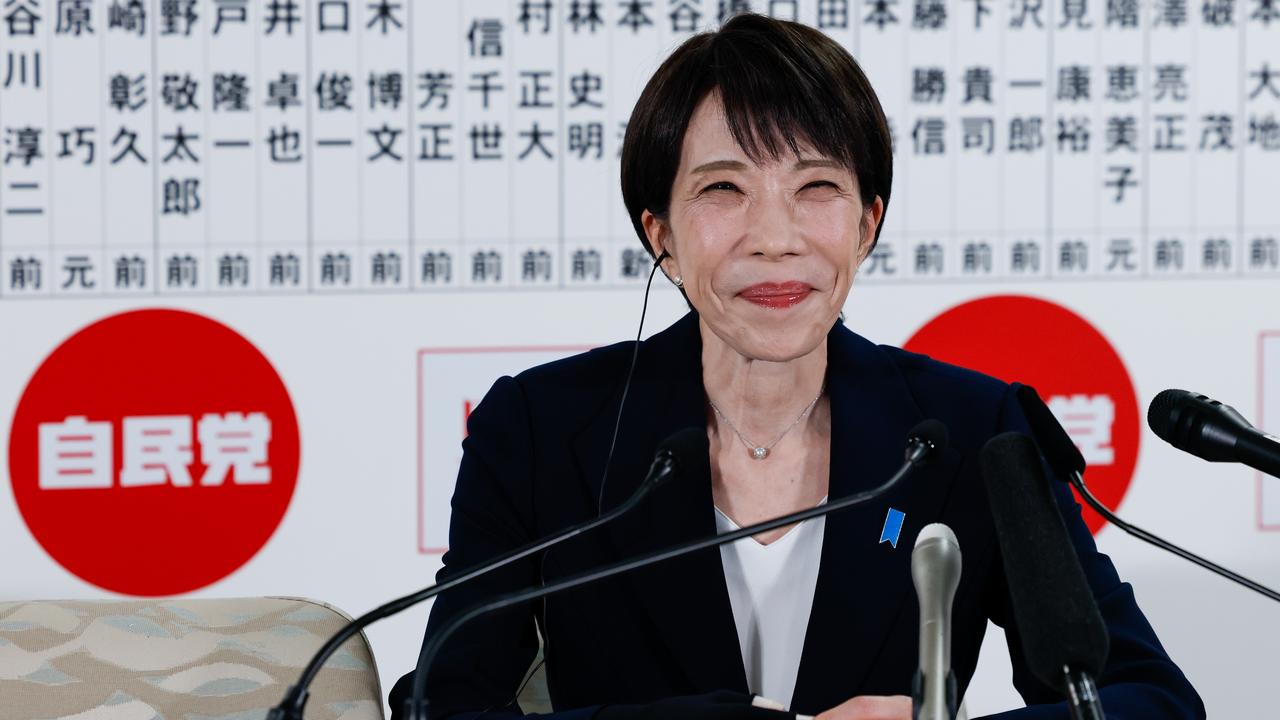
Bharat Petroleum, one of the largest oil refiners in India, has made a significant move by purchasing a cargo of Emirati Upper Zakum crude. This decision comes as the company seeks alternatives to Russian oil amidst increasing scrutiny and sanctions. The cargo, consisting of 2 million barrels, is scheduled for delivery next month.
The acquisition marks a shift for Bharat Petroleum, which has primarily sourced its crude from Russia in the past. The purchase was made on the spot market, where the company previously transacted around 2 million barrels of Russian crude each month. Reports indicate that Indian refiners have increasingly been looking for non-Russian oil supplies in recent weeks, especially following sanctions imposed by Washington on two of Russia’s largest oil exporters, Rosneft and Lukoil. Together, these companies account for about half of Russia’s crude exports, a significant volume of which is processed by Indian refineries.
Despite initial reactions causing a minor price shock in the market, the impact was short-lived. Industry observers noted that there are mechanisms to circumvent sanctions, such as purchasing Russian crude from non-sanctioned entities. For instance, the Indian Oil Corporation (IOC), which is the largest refiner in the country, recently acquired up to five cargoes of Russian crude oil for delivery in December from non-sanctioned sellers. This suggests that options remain available for Indian refiners to continue purchasing Russian crude without violating the latest sanctions.
The sanctions aim to cut off funding for Russia’s military operations in Ukraine, and Washington has emphasized that energy export revenues are a critical financial source for these activities. While the current environment has led to higher costs for crude sourced from alternative markets, including the Middle East, the Americas, and West Africa, Indian refiners are adapting to these changes. Although oil from these regions often comes at a premium compared to discounted Russian crude, it ensures continued supply.
India is particularly sensitive to fluctuations in global oil prices, as it imports over 80% of its oil consumption. The transition from cheaper Russian crude to more expensive alternatives could pose challenges in the long term, with potential implications for the economy. As the situation evolves, Indian refiners will need to navigate complex market dynamics while securing their energy needs.
In conclusion, Bharat Petroleum’s recent shift to Emirati crude illustrates the broader trend among Indian refiners adapting to a changing geopolitical landscape. The ongoing sanctions against Russian oil exports have prompted a reevaluation of sourcing strategies, highlighting the delicate balance between cost and supply in the global oil market.






